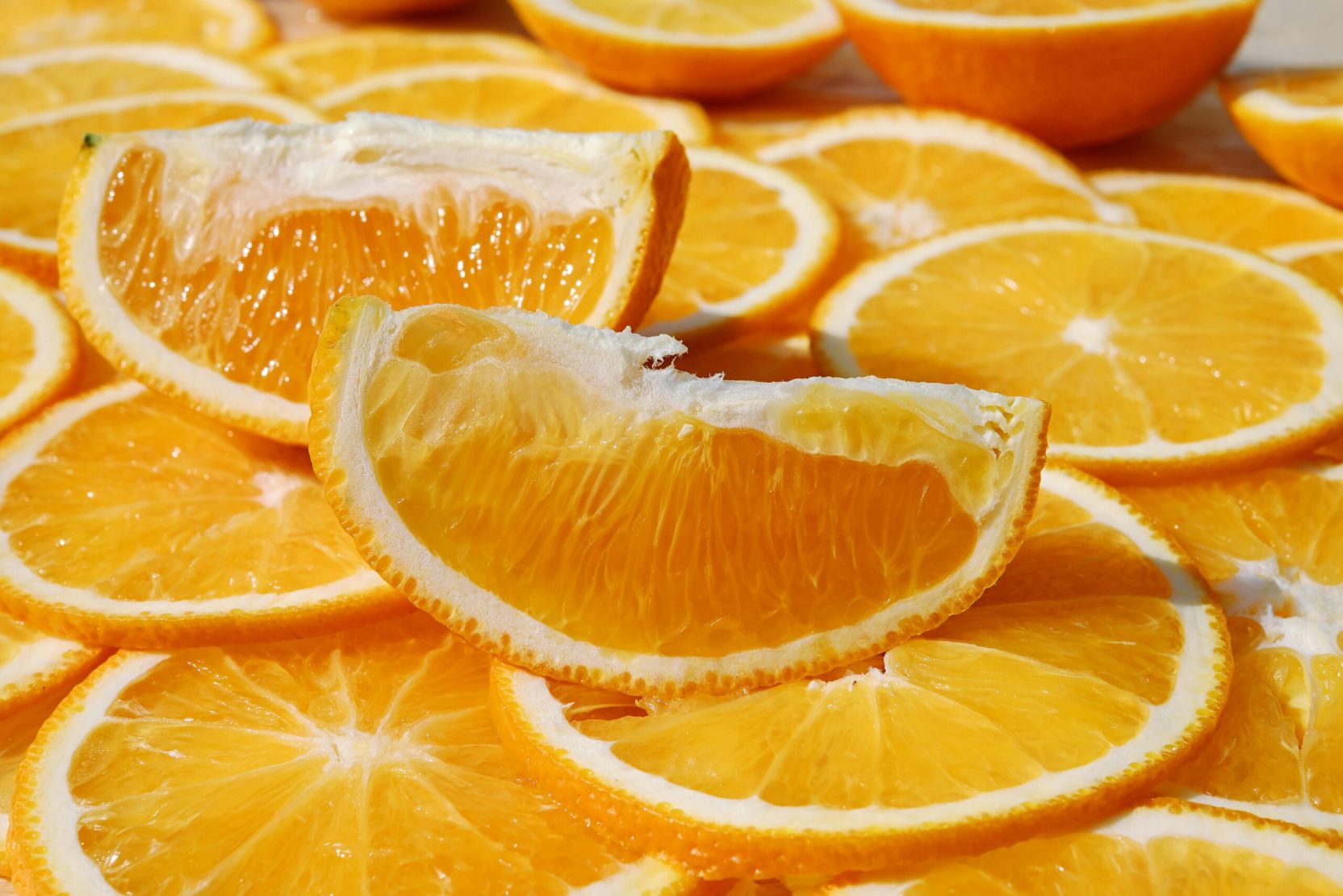In a world teeming with pollutants, stress, viruses, and unpredictable weather, your immune system is your body’s invisible shield. But just like any strong defense system, it needs the right fuel. While sleep, exercise, and stress management play their parts, your diet is the most powerful tool in your immune-boosting arsenal.
But what exactly should you eat to strengthen your immunity? Let’s dive into the best immunity-enhancing foods and the science behind how they work.

🌿 1. Citrus Fruits – The Vitamin C Superstars
Oranges, lemons, amla (Indian gooseberry), limes, grapefruit, and tangerines are bursting with Vitamin C, a powerful antioxidant known to boost white blood cell production — the frontline fighters of your immune system.
Why it works:
Vitamin C enhances the function of phagocytes (cells that “eat” pathogens) and increases the production of lymphocytes (B and T cells).
Pro tip: Eat citrus fresh or add a squeeze of lemon to warm water in the morning for a gentle detox and immunity boost.
🧄 2. Garlic – Nature’s Antibiotic
Used for centuries across cultures, garlic isn’t just for flavor — it’s a potent immune warrior.
Why it works:
It contains allicin, a sulfur-containing compound that boosts the disease-fighting response of white blood cells when they encounter viruses, such as the ones that cause the common cold or flu.
Try this: Add crushed garlic to your curries, soups, or warm oil before cooking.
🍵 3. Ginger – The Inflammation Fighter
Ginger is more than a spice — it’s a remedy. With anti-inflammatory and antioxidant effects, it can help with sore throats, inflammation, and nausea.
Why it works:
Gingerol, the main bioactive compound in ginger, has been shown to reduce oxidative stress and modulate immune responses.
Best way to consume: Boil a few slices in water with turmeric and sip it as a tea.
🌰 4. Nuts and Seeds – Tiny but Mighty
Almonds, walnuts, sunflower seeds, pumpkin seeds, and flaxseeds are rich in vitamin E, zinc, selenium, and healthy fats — nutrients critical for immune cell development and function.
Why it works:
- Vitamin E protects cell membranes from oxidative damage.
- Zinc supports T-cell function and wound healing.
- Selenium enhances antibody production.
Snack tip: A handful of mixed seeds with jaggery makes a tasty and functional mid-day snack.
🥬 5. Leafy Greens – Alkalize and Energize
Spinach, kale, moringa, and methi (fenugreek leaves) are packed with vitamins A, C, and K, folate, iron, and fiber.
Why it works:
- Vitamin A helps maintain the integrity of mucosal barriers (like your gut and respiratory tract).
- Iron supports the growth and maturation of immune cells.
Kitchen hack: Lightly steam or stir-fry to retain nutrients while improving absorption.
🍓 6. Berries – The Antioxidant Bomb
Blueberries, strawberries, Indian jamun (black plum), and raspberries offer high levels of polyphenols, anthocyanins, and vitamin C.
Why it works:
They reduce oxidative stress, a key contributor to weakened immune responses and chronic inflammation.
Sweet tip: Add a handful to smoothies or yogurt for a refreshing antioxidant kick.
🍄 7. Mushrooms – Fungi for Immunity
Shiitake, maitake, and reishi mushrooms (and even white button mushrooms) contain beta-glucans and selenium, known for immune modulation.
Why it works:
Beta-glucans enhance the function of macrophages and natural killer cells, essential parts of the immune system.
Pro idea: Try mushroom broth or stir-fry them with garlic and herbs for a nutrient-rich meal.
🥛 8. Probiotic-Rich Foods – Gut-Immune Connection
Your gut is home to nearly 70% of your immune cells. Yogurt, kefir, buttermilk (chaas), kanji, and fermented foods like kimchi or idli are rich in probiotics — beneficial bacteria that keep your gut (and immunity) thriving.
Why it works:
Probiotics enhance gut barrier function, reduce inflammation, and improve the communication between gut microbes and immune cells.
Try this: Have homemade curd with lunch or add fermented rice kanji in the summer months.
🍠 9. Colorful Vegetables – Eat the Rainbow
Carrots, sweet potatoes, red bell peppers, and beetroots are high in beta-carotene, vitamin A, and antioxidants.
Why it works:
Beta-carotene is converted into vitamin A, which helps your body maintain healthy mucous membranes — a crucial defense line.
Serving idea: Roasted with a drizzle of olive oil and a sprinkle of turmeric.
🧠 10. Turmeric – The Golden Healer
Turmeric contains curcumin, a powerful anti-inflammatory and antioxidant compound.
Why it works:
Curcumin enhances antibody responses and reduces chronic inflammation, which can suppress immunity.
Best consumed: With black pepper (which enhances curcumin absorption by 2000%) in milk or soups.
💧 Hydration: The Forgotten Defender
Not a food, but just as important. Water helps flush toxins, maintain lymph fluid (which carries immune cells), and keeps mucous membranes moist, so pathogens are less likely to enter.
Add-ons: Herbal teas, coconut water, lemon-honey water.
✅ Quick Tips to Maximize Immune Benefits:
- Balance is key: Don’t overdo any one food — variety is essential.
- Minimize processed foods and sugar, which can inflame and weaken your immune system.
- Cook smart: Steam, sauté, or lightly roast rather than deep-frying.
- Use herbs: Basil, tulsi, giloy, and ashwagandha can support immunity naturally.
🌟 Final Thoughts
Your immune system is like a garden — it flourishes with care, nourishment, and consistency. By consciously adding these immunity-enhancing foods to your daily meals, you’re not just avoiding illness — you’re building a body that’s resilient, energetic, and vibrant from the inside out.
Let your plate be your protection. Nature has already prepared the cure — we just need to eat it.









